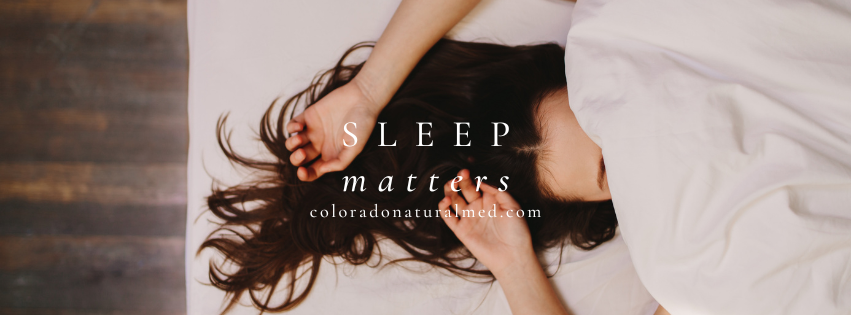
People are increasingly “busy” living their everyday lives. Getting good sleep has become a luxury many willingly sacrifice to finish everything on their to do lists. I hear about patients pushing work emails into the wee hours of the night, chasing deadlines through foggy eyes, and powering through meetings fueled by caffeine. Amidst this hustle, I have noticed some of my patients are forgetting a fundamental truth: adequate sleep is not a privilege; it’s a non-negotiable pillar of health.
The statistics worry me. The Centers for Disease Control and Prevention (CDC) reports that one in three adults in the United States doesn’t get enough sleep on a regular basis (CDC 2023). This sleep deficit extends beyond mere fatigue. Research suggests a strong link between inadequate sleep and a plethora of health concerns, including an increased risk of obesity, heart disease, and diabetes (Chasens 2021).
Sleep has a profound impact on our well-being, and I understand the growing struggle many face in claiming their rightful rest. I cannot emphasize enough how important sleep is to our mental health and overall well-being. I can offer you a beacon of hope, not with quick fixes or empty promises, but with a holistic approach that really gets to the root of the problem.
My core philosophy revolves around the following pillars of health: sleep, movement, nutrition, and stress management. Just like the legs of a chair create a foundation of support, so do the pillars of health. Whether intentional or unintentional, if you ignore any of the other pillars your sleep can be compromised, creating a vicious cycle of exhaustion, mental health challenges and the propensity to make unhealthy choices.
Sleep hygiene refers to the habits and practices that promote healthy sleep patterns. I encourage you to implement small, consistent changes, such as establishing a regular sleep schedule, creating a relaxing bedtime routine, and optimizing your sleep environment. These seemingly simple steps can dramatically improve sleep quality and pave the way for deeper, restorative sleep.
While good sleep hygiene forms the foundation, sometimes deeper imbalances are at play and require additional support. Acupuncture, a traditional Chinese medicine practice, shows promising results in improving sleep quality and reducing the symptoms of insomnia (Cao 2009). Furthermore, imbalances in neurotransmitters like serotonin and GABA, as well as hormones like cortisol and adrenaline, can disrupt sleep patterns. I offer personalized support, considering individual needs and potential deficiencies, to help balance these essential brain functioning chemicals and promote restful sleep.
I want to empower my patients to become active participants in their own well-being. I provide education and tools so that you can make informed choices about sleep habits, lifestyle modifications, and potential supplement support. Shifting your mindset from a place of helplessness to controlling your health fosters a sense of autonomy and self-advocacy, crucial for long-term success.
Recovering from sleep deprivation is not a sprint, it’s a marathon. I can help you get back on the road to restoration. By focusing on the foundational pillars of health, prioritizing sleep hygiene, and exploring natural interventions when needed, my patients are able to reclaim rest and cultivate a life infused with vibrant energy, well-being, and the transformative power of a good night’s sleep. If you are looking for ways to sleep better, why not try naturopathic medicine and/ or acupuncture? I would love to talk more about your symptoms to see if we can get to the root cause and create a personalized plan for you. I offer a complimentary call for new patients. Contact me by calling 303-688-6698 or scheduling online.
SOURCES:
Cao, Huijuan et al. “Acupuncture for treatment of insomnia: a systematic review of randomized controlled trials.” Journal of alternative and complementary medicine (New York, N.Y.) vol. 15,11 (2009): 1171-86. doi:10.1089/acm.2009.0041
Centers for Disease Control and Prevention. (2023, August 11). Insufficient Sleep. Retrieved from https://www.cdc.gov/sleep/index.html
Chasens, Eileen R et al. “Sleep and Metabolic Syndrome.” The Nursing clinics of North America vol. 56,2 (2021): 203-217. doi:10.1016/j.cnur.2020.10.012

Leave a Reply